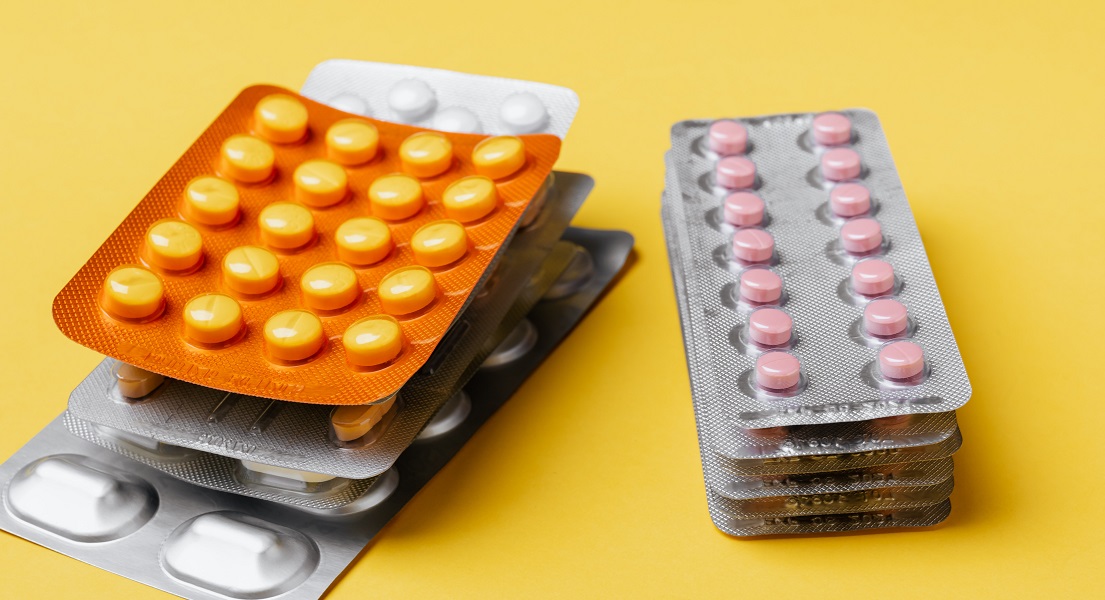Hormone Replacement Therapy (HRT) has long been a topic of interest for those navigating hormonal imbalances due to menopause, andropause, or other health conditions. While it offers numerous benefits, such as alleviating symptoms of menopause, enhancing quality of life, and improving bone density, its effects on brain chemistry have garnered attention in recent studies. A question that often arises is: Can HRT cause depression? This article delves into the latest research, exploring the intricate relationship between HRT and brain health.
Understanding Hormone Replacement Therapy (HRT)
What Is HRT?
Hormone Replacement Therapy is a medical treatment used to supplement or replace hormones that the body no longer produces adequately. It typically involves the administration of estrogen, progesterone, or testosterone, depending on the individual’s needs. HRT is commonly prescribed for:
- Alleviating menopausal symptoms such as hot flashes, night sweats, and mood swings.
- Preventing osteoporosis by maintaining bone density.
- Addressing hormonal imbalances caused by conditions like hypogonadism or surgical removal of ovaries.
How HRT Interacts with Brain Chemistry
Hormones significantly influence brain function, affecting mood regulation, memory, and cognitive performance. Estrogen, for example, plays a role in the production of serotonin—a neurotransmitter linked to mood stability. Therefore, altering hormone levels through HRT inevitably impacts brain chemistry.
The Link Between HRT and Depression
Can HRT Cause Depression?
The relationship between HRT and depression is complex and depends on factors such as age, type of hormone therapy, and individual brain chemistry. Some studies suggest that:
- Positive Effects: HRT can alleviate depressive symptoms in menopausal women by stabilizing hormone levels and enhancing serotonin production.
- Negative Effects: For some individuals, certain types of HRT might exacerbate mood disorders, potentially due to individual differences in hormone sensitivity.
Factors Influencing Depression in HRT Users
Several variables can determine whether HRT positively or negatively affects mood:
- Type of Hormone: Estrogen-only therapy may differ in its effects compared to combined estrogen-progesterone therapies.
- Administration Method: Oral, transdermal, and injectable forms of HRT might influence brain chemistry differently.
- Pre-existing Mental Health: Individuals with a history of depression or anxiety might react differently to HRT.
- Timing of Treatment: Studies indicate that initiating HRT close to the onset of menopause (the "critical window") may yield better outcomes for mood and cognitive health.
Latest Research Insights
HRT and Cognitive Health
Recent studies highlight the potential cognitive benefits of HRT, particularly in preserving memory and preventing cognitive decline in postmenopausal women. However, the effectiveness of HRT in preventing dementia remains inconclusive.
Hormone Sensitivity and Individual Response
Emerging research emphasizes the importance of personalized approaches to HRT. Genetic factors and pre-existing conditions can influence how an individual responds to hormone therapy, making one-size-fits-all recommendations inadequate.
Addressing Common Concerns
Who Should Avoid HRT?
While HRT is beneficial for many, it’s not suitable for everyone. Individuals with the following conditions should approach HRT cautiously:
- History of breast or endometrial cancer.
- Uncontrolled high blood pressure.
- Blood clotting disorders.
- Severe liver disease.
Managing Side Effects
Common side effects of HRT include bloating, breast tenderness, and headaches. To minimize these:
- Consult your healthcare provider for dosage adjustments.
- Opt for alternative administration methods if side effects persist.
- Regularly monitor your mental health and report significant mood changes to your doctor.
Post-Treatment Care and Monitoring
Regular Check-ups
Routine follow-ups with your healthcare provider are crucial to:
- Monitor hormone levels.
- Assess the efficacy of treatment.
- Adjust the therapy plan as needed.
Lifestyle Modifications
Incorporating lifestyle changes can enhance the benefits of HRT and support overall brain health:
- Diet: Emphasize foods rich in omega-3 fatty acids, antioxidants, and vitamins.
- Exercise: Regular physical activity improves mood and cognitive function.
- Mental Stimulation: Engage in activities like reading, puzzles, or learning new skills to keep your brain active.
Conclusion
The relationship between HRT and brain chemistry is multifaceted, with potential benefits and risks. While HRT can improve mood and cognitive function for many, it may not be the right solution for everyone. Personalized care, guided by thorough evaluations and regular monitoring, is essential to maximize benefits and minimize risks. If you’re considering HRT and wondering, Can HRT cause depression?, consult a healthcare professional to explore whether this therapy aligns with your mental health and overall well-being goals.





Comments